Attempt to ban two books in FCPS sparks controversy
Gender Queer and Lawn Boy removed from and returned to shelves.

November 29, 2021
Banned books have been a controversial topic in the United States for quite some time. In fact, the first banned book in English history on this continent was published in 1637. New England Canaan, the book in question, critiqued power systems and was thought unacceptable by New England settlers. Since then, thousands of books have been banned or “challenged” for reasons that change from case to case. Most of the books we view as “classics” were once in that position. “The Catcher in the Rye” for “excess vulgar language” and sexual scenes according to Time Magazine and “The Bell Jar” for it’s “rejection of the woman’s role as a wife and mother” (UVA online library).
Banning in school systems can easily be attributed to wide selections in most public school libraries. Recently, in a Fairfax County Public School board meeting, Stacy Langston, a parent, brought up banning two books from all libraries across the county. The county has responded in the form of pulling the books from shelves for review. “Gender Queer” by Maia Kobabe and “Lawn Boy” by Jonathan Evision were the books in question. Langston accused the books of containing pedophilic content, which Evision, Lawn Boys author has since denied. Various members of the school board have different opinions about the matter. One berated Langston for using explicit language as she read passages of the book, which Langston thought proved her point. Another thought the books should stay on shelves, because they weren’t in elementary schools.
Glenn Youngkin, Virginia’s governor determined by November’s election, has built his campaign around education. Youngkin argues against “critical race theory” being taught in schools, and is in favor of “parents’ rights”. Eight years ago, a Virginia parent pushed to ban “Beloved” by Toni Morrison from her son’s AP English curriculum. “Beloved”, published in 1987, shows the horrors of slavery and details sexual violence. In Texas, other books centering race, sexuality and sexually transmitted diseases have been challenged by House Representative Matt Krause.
Many have confusion about how books get reviewed to see if they can stay on shelves. Fairfax County has two committees that will assess the books and are made up of different perspectives such as teachers, parents and students. From there, they make recommendations to the assistant superintendent of instructional services who makes the final decision. Langston made the choice to talk to the board about these books after hearing of a school board meeting in Texas where they talked about the books. Sure enough, the same books were found in her son’s school library. Since this situation, according to Wusa9.com, Fairfax County has been instructed to return both books back to shelves.
When asked about the situation at hand, Martin Grimm, Principal of Hayfield Secondary expressed his disagreements with the banning of books.
“We need [high school] grades to go out into the world, and college, and to work, life- we need you to read those books,” Grimm said. “And there’s some controversial material in there. And there’s a lot of material that you [as] adults will deal with”.
Hayfield Secondary, according to Grimm, only had one of the two books currently being reviewed. Gender Queer was never on library shelves.
“I think it’s just such a slippery slope,” Grimm adds. “Whoever has power in the moment can then decide ‘well, this book is controversial’ and then pretty soon we’re burning books, so I tend to be pretty liberal about that”.
A more neutral opinion was made by Annalee Schnebele, a librarian at Hayfield Secondary. When asked what she had heard about the ongoing process with Gender Queer and Lawn Boy, Schnebele said,
“We were told that the challenge process had been initiated from the central office and that they’re going through the formal challenge process,” Schnebele said.
Because only Lawn Boy was on Hayfield’s shelves, it sparked the question as to why it was under review in the first place. Both Gender Queer and Lawn Boy seem to be connected to their writers, Maia Kobobe and Jonathan Evision. Kobobe’s is a memoir and Evisions is of the autobiographical nature. Both are about LGBTQ+ youth. Both, according to Langston, have depictions of sexual acts.
When asked about her thoughts on having access to these books in a library intended for middle and high school use, this was Schnebeles response:
“I think we have to walk a fine line, and we do, of making sure we support all of our students here at Hayfield, but also are aware that we do have younger students,” Schnebele said.

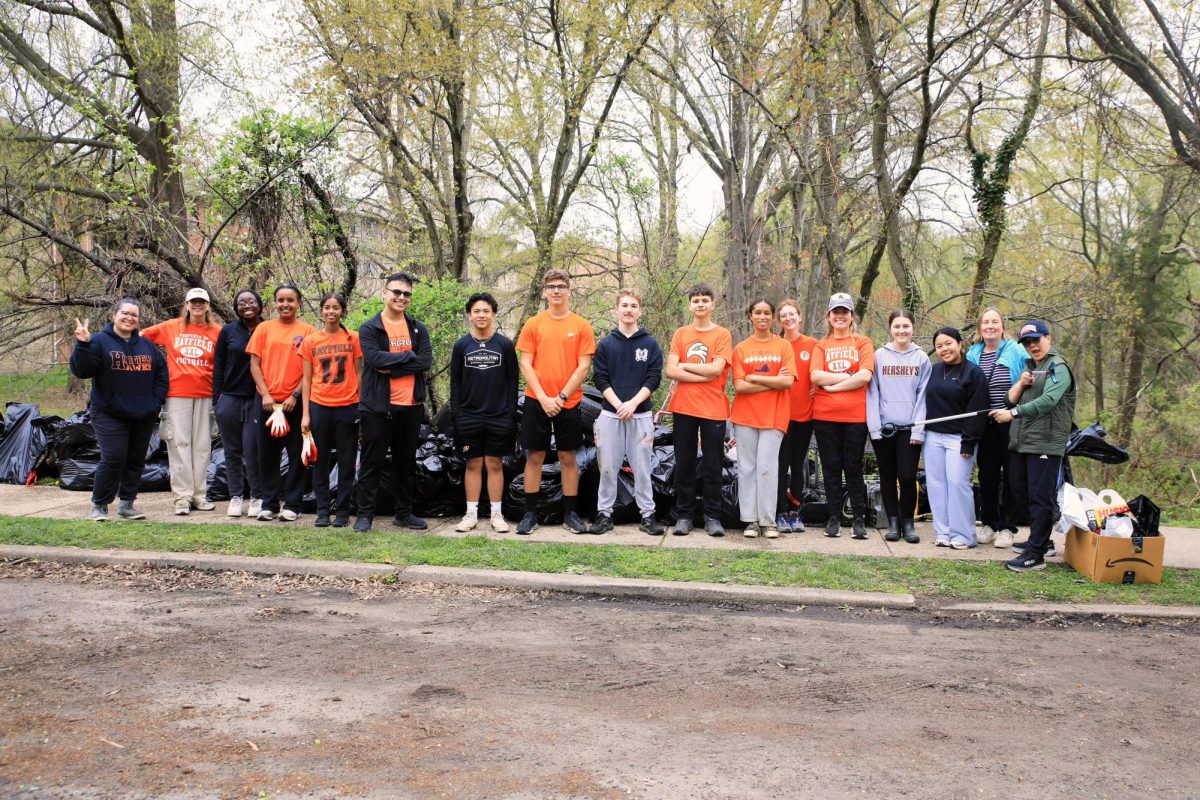

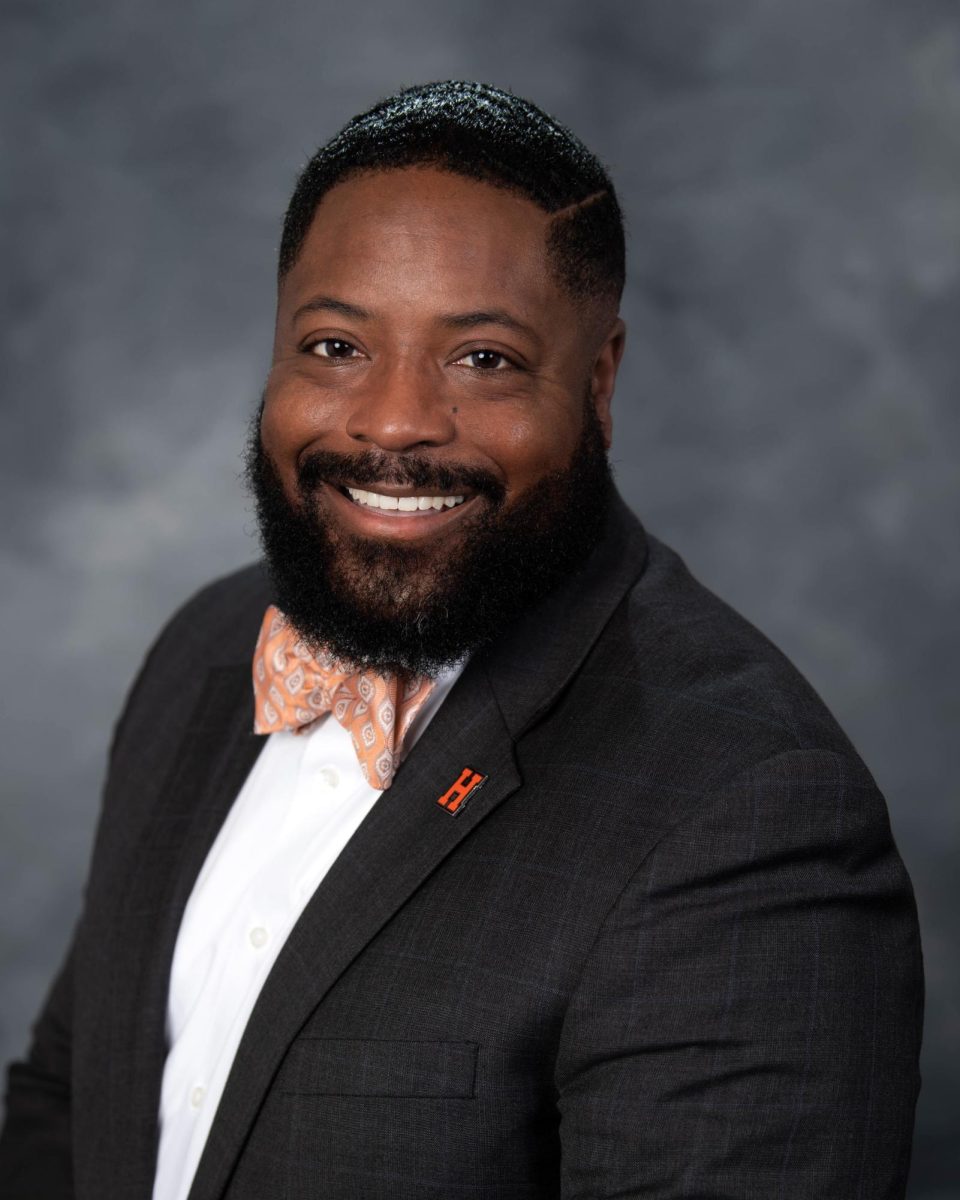
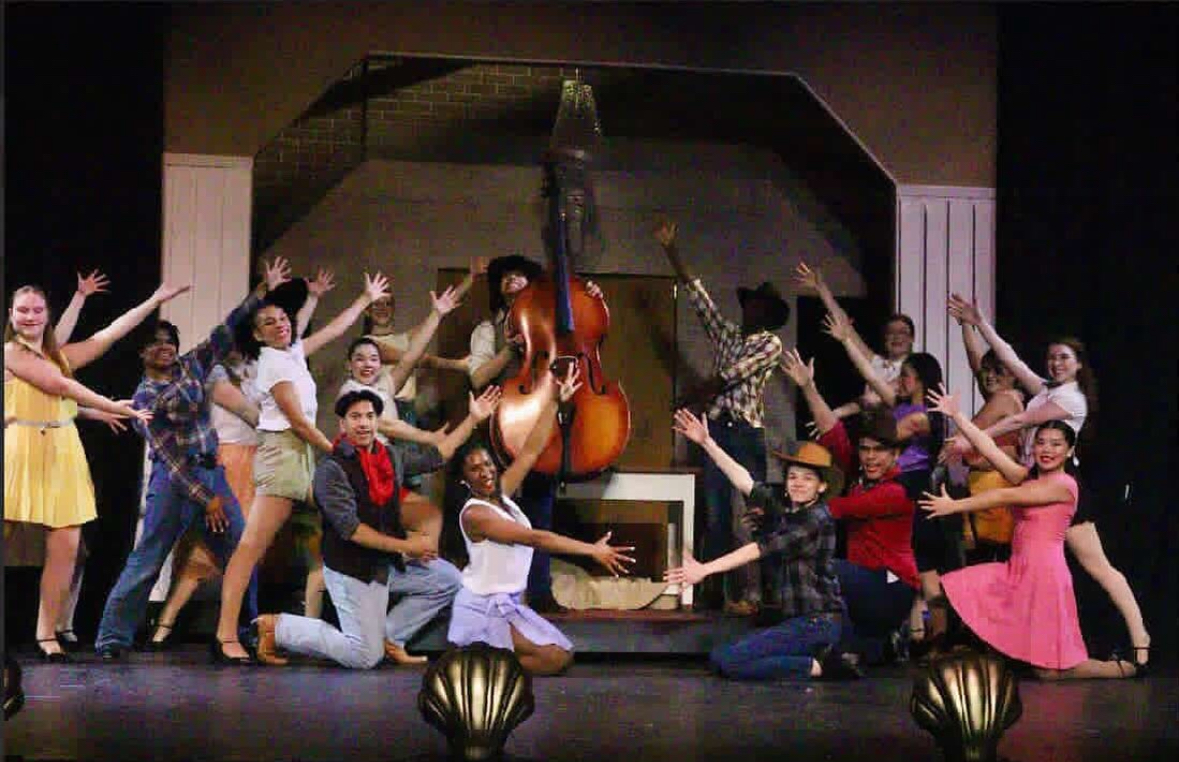

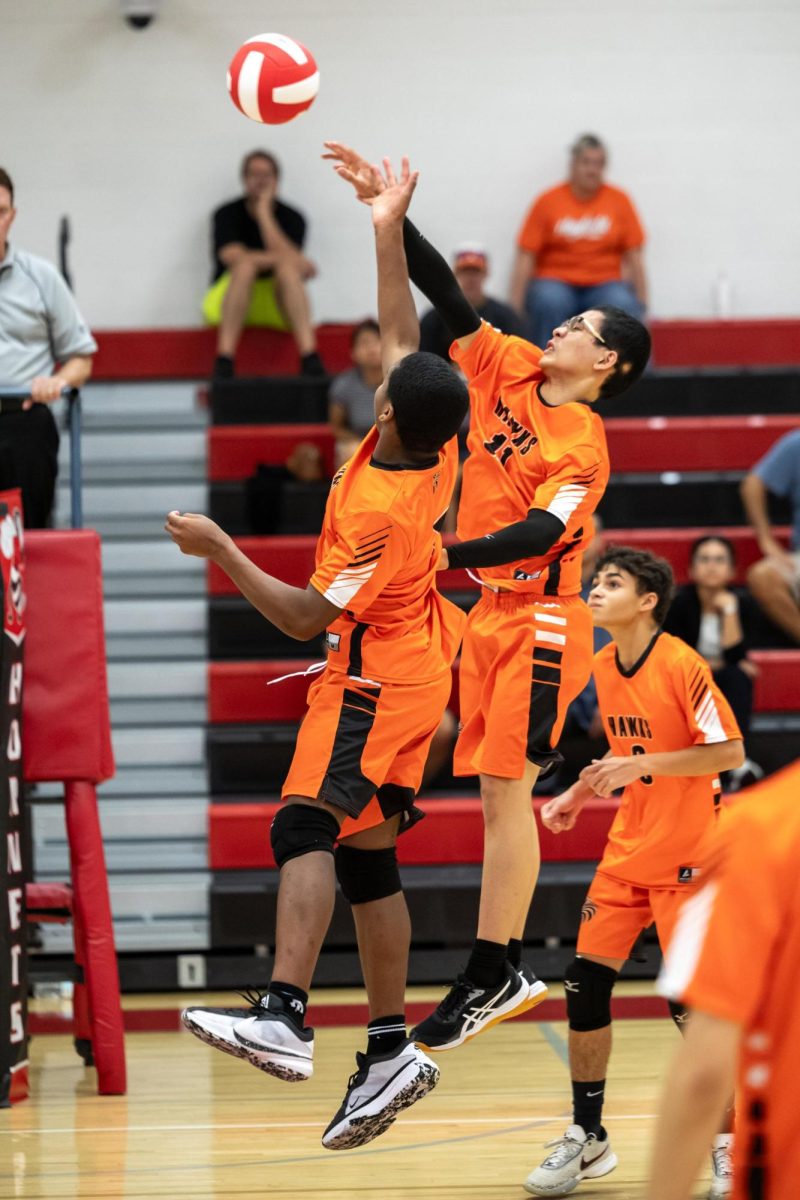

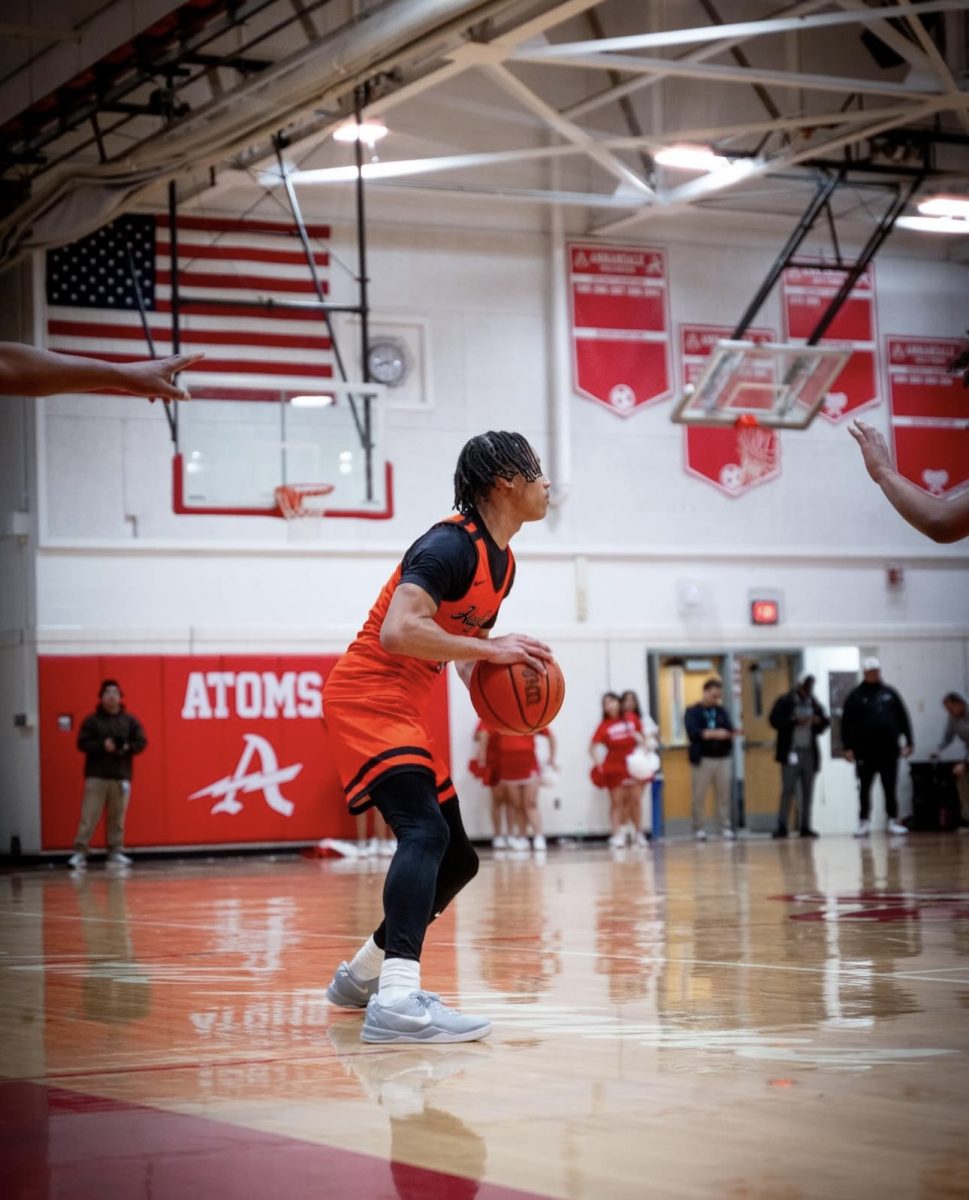
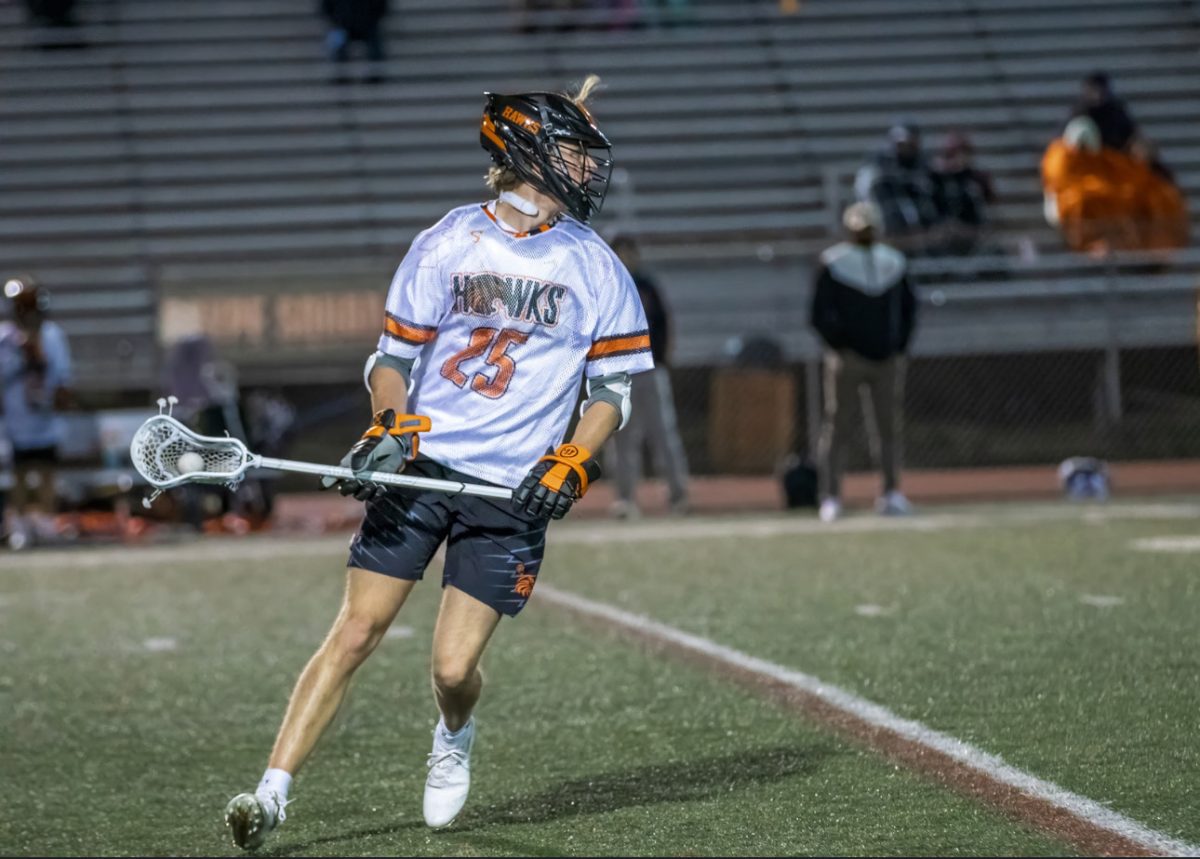
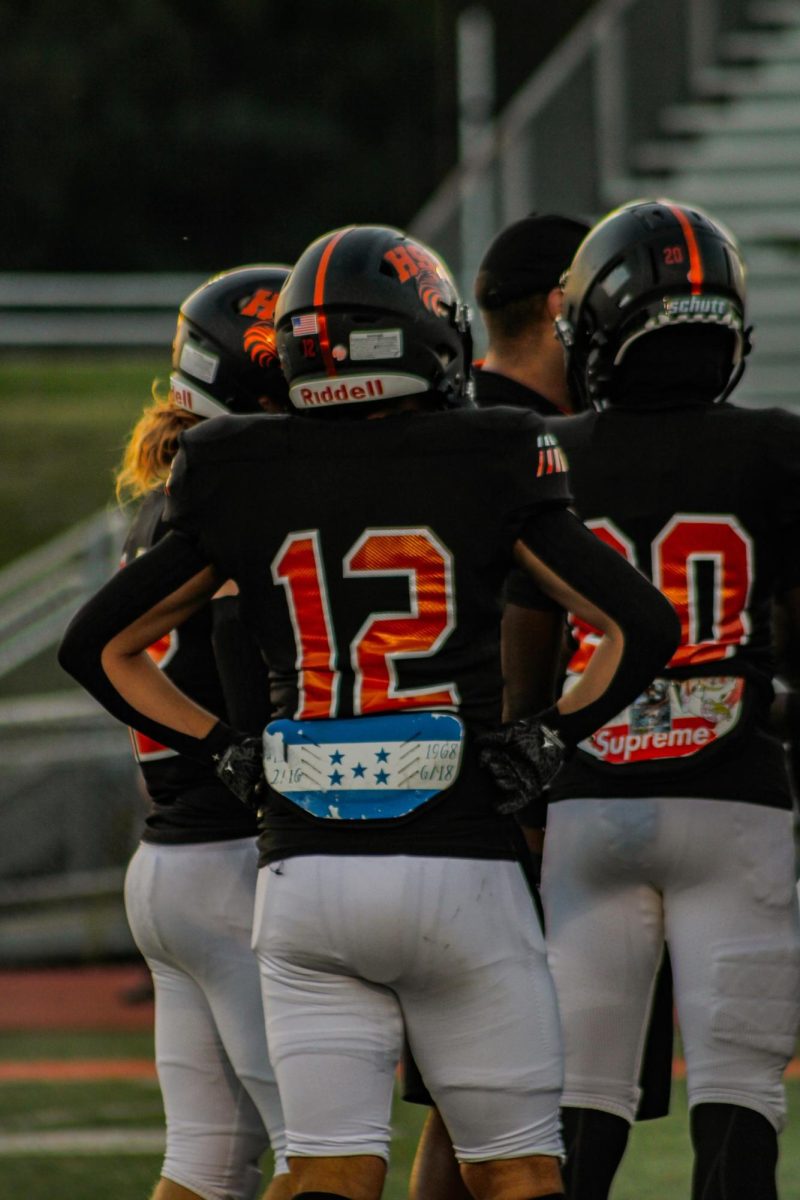

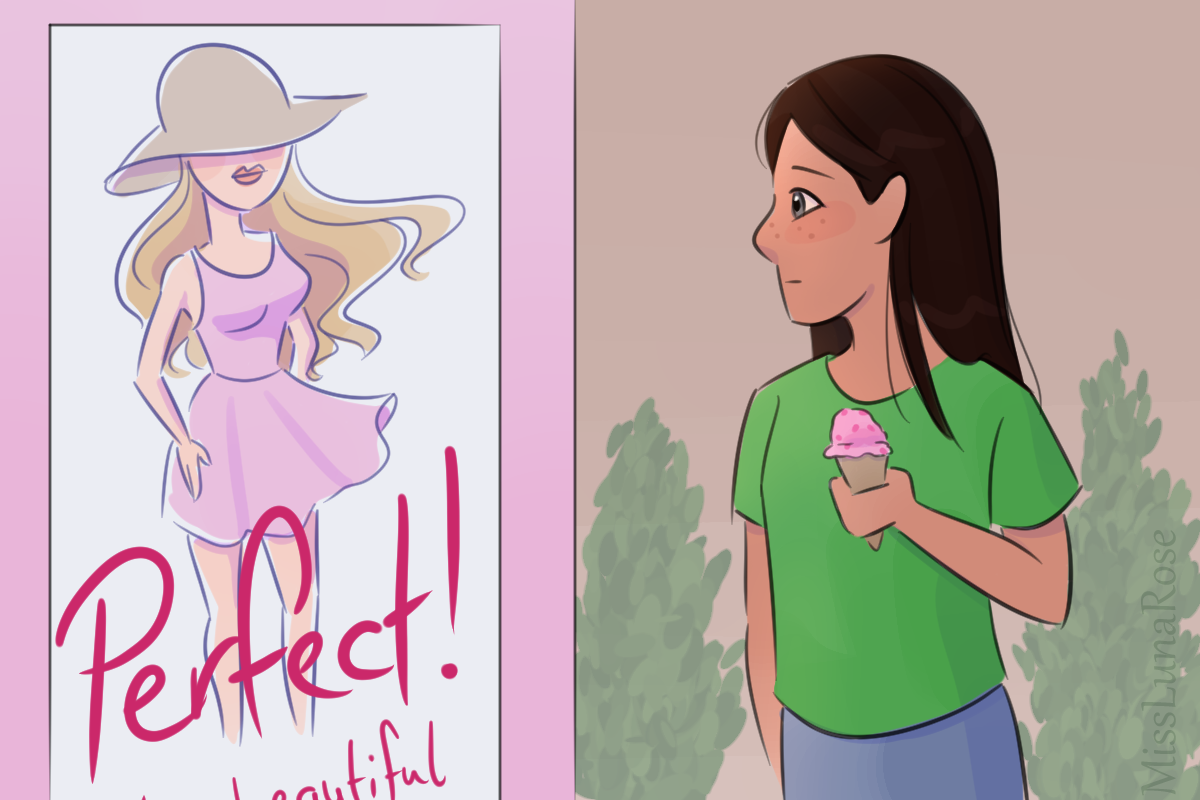




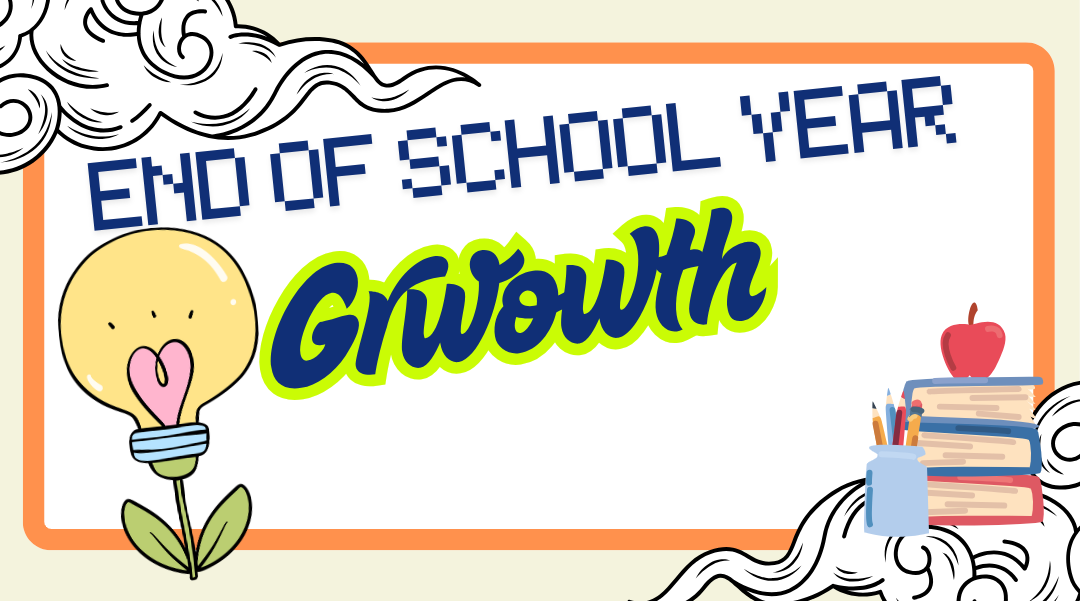
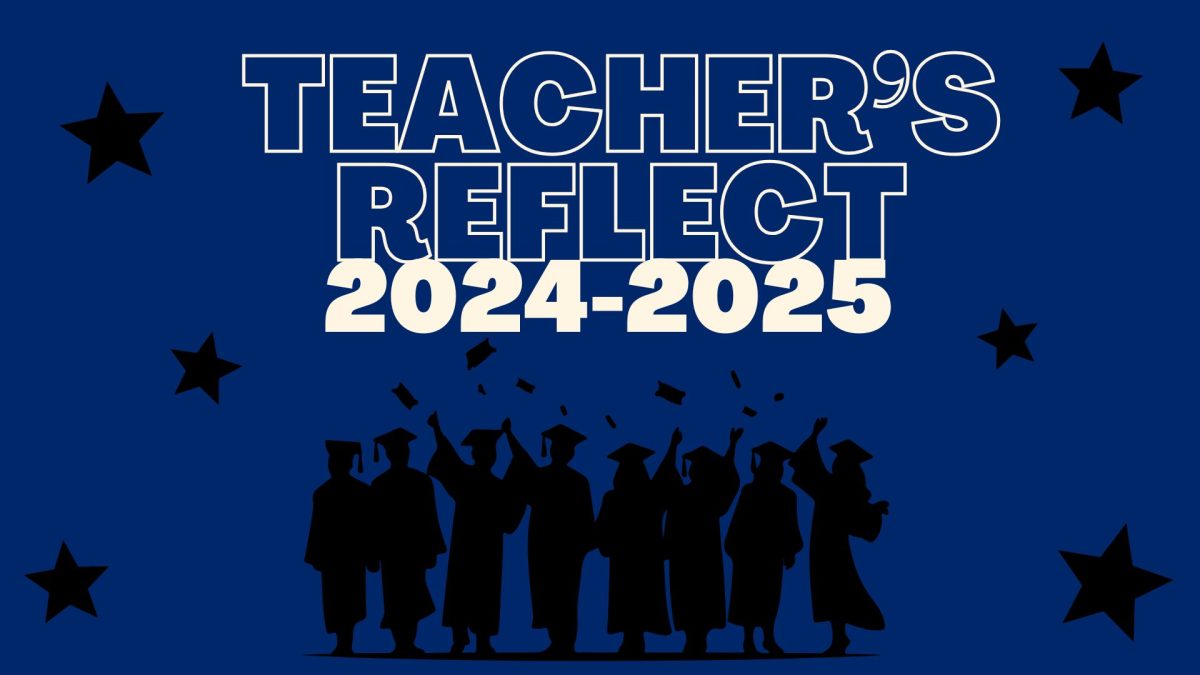





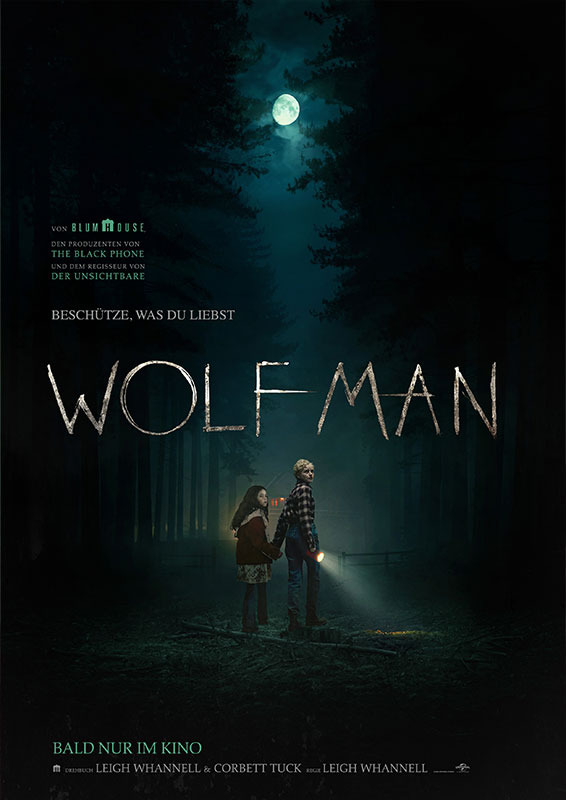


Ro Oberdick • Nov 29, 2021 at 10:33 am
you did a great job writing this! i love the way you highlighted all the important parts of the story in such a short article
Brianna Jones • Nov 29, 2021 at 8:09 am
well written!